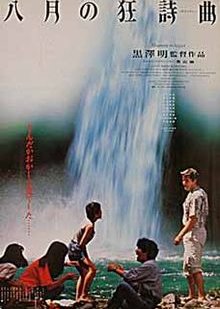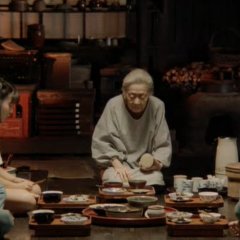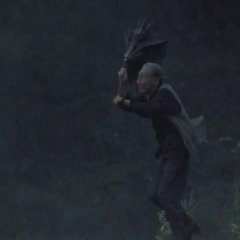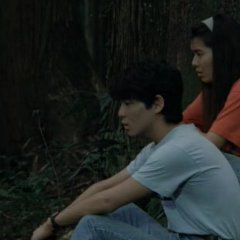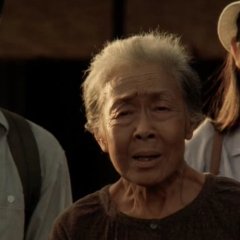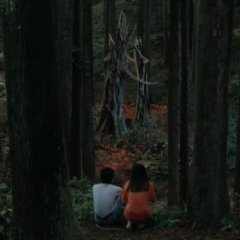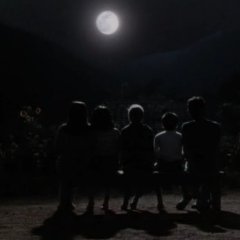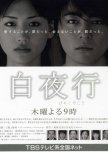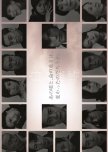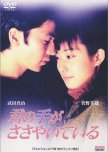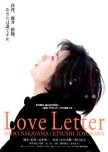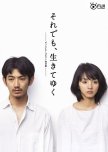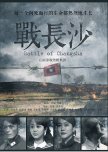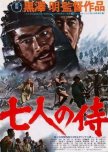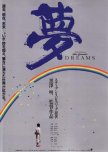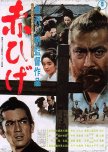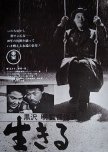The story centers on an elderly hibakusha, who lost her husband in the 1945 atomic bombing of Nagasaki, caring for her four grandchildren over the summer. She learns of a long-lost brother, Suzujiro, living in Hawaii who wants her to visit him before he dies. Edit Translation
- English
- magyar / magyar nyelv
- dansk
- Norsk
- Native Title: 八月の狂詩曲
- Also Known As: Hachigatsu no rapusodī , Hachigatsu no kyōshikyoku
- Screenwriter & Director: Kurosawa Akira
- Genres: Drama
Cast & Credits
- Murase SachikoKaneMain Role
- Isaki MitsunoriShinjiroSupport Role
- Yoshioka HidetakaTateoSupport Role
- Igawa HisashiTadaoSupport Role
- Negishi ToshieYoshieSupport Role
- Otakara TomokoTamiSupport Role
Reviews

"Water, water..."
Rhapsody in August was a bittersweet viewing for me. I’ve now watched all of Kurosawa Akira’s films where he was the writer and director. I have immensely enjoyed many of his films, this wasn’t one of them. While it was watchable, it lacked the bite and depth of previous films. Perhaps it was his age, perhaps it was writing without a partner. Whatever the reason, as he worked through the focal traumatic point of his generation, it came across historically evasive and heavy-handed.Kane is the grandmother of four grandchildren. Her son and daughter have traveled to Hawaii to meet with her older brother. The children are staying with her while their parents are away. Kane has no desire to travel to Hawaii as she has no memory of the brother who immigrated in 1920 and made a fortune with pineapples. The grandchildren desperately want to go to Hawaii and are disappointed to be stuck with their grandmother in a house with no television. Kane is always looking backward to the bombing of Nagasaki where she lost her husband. She tells stories to the children who are both intrigued and frightened by them. With her husband’s memorial approaching she has no intention of leaving the country which causes the children to rethink their approach.
Women and children rarely figured prominently in Kurosawa’s films, here they took center stage. Some things never changed, the boys’ names were oft repeated while the girls’ names were scarcely mentioned. Much like the wife in Madadayo who never had a name even though the cat had one. The film fell upon the shoulders of the child actors with limited success. They went from acting like typical children upset to be without television to spouting adult social platitudes. The oldest girl, Tami according to the cast list, read off pages of exposition at the Nagasaki memorials from the Eastern bloc countries and at the school where the grandfather died. She opined how younger people had no memories of the fateful day’s event and no one bothered to learn even as crowds visited the memorials and school. Her opinions and history lessons seemed far beyond her years and felt completely out of place. Thrown into this mix was Richard Gere as the son of the wealthy brother who visited Kane and the children. Sympathetic to their suffering and acknowledging the tragic loss of the grandfather, he came and then left, awkwardly shoehorned in.
The ghost of the bombing was ever present in this film, especially for Kane who envisioned it as a great eye. For her the war never truly ended. The irony of the lost family living in Hawaii was never brought up when Kane blamed “war” for the bombing. In Kurosawa’s older films, the main character had to suffer and deal with painful challenges in order to grow and transform. Here, Kane is old and near the end of her life, ever reminiscing. Each generation had a different response to the bombing. Rather than a source of familial conflict the gap between the generations was easily bridged. The children who were largely unfamiliar with the bombing listened to Kane’s stories and visited the places she mentioned. Their parents who had known poverty as children and lived in the shadow of the bombing, were ever on the hunt to make a buck. All too eager to use the new wealthy relatives to improve their station.
Unlike his earlier films, Kurosawa fell into the tell don’t show trap where much of the action either occurred in the past or off screen such as a death and a family reunion. The bombing in this story happened in a historical vacuum, lacking any context and complexity. Perhaps because Kurosawa was near the end of his life and feeling more contemplative, so were his characters. Kane’s mind started running in reverse, driving her back to the day of the bombing. Steadily determined against the wind and rain to reach her destination and maybe this time change the ending. But only memories can run backward, time moves ever forward, with any luck carrying the lessons hard learned.
3 January 2025
Was this review helpful to you?
Recommendations
There have been no recommendations submitted. Be the first and add one.

